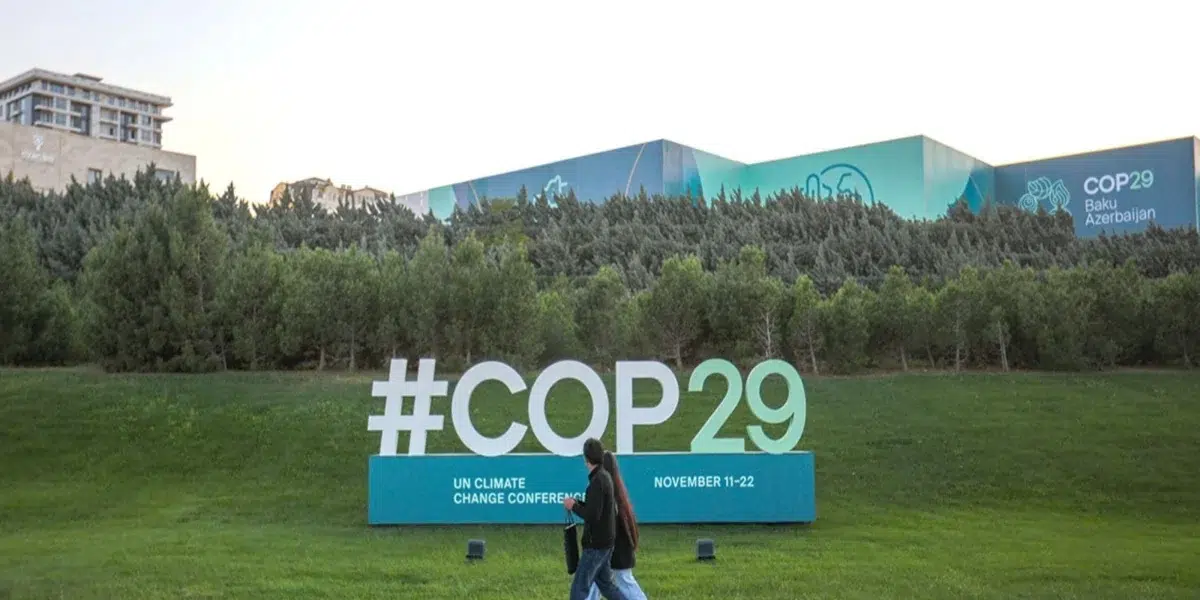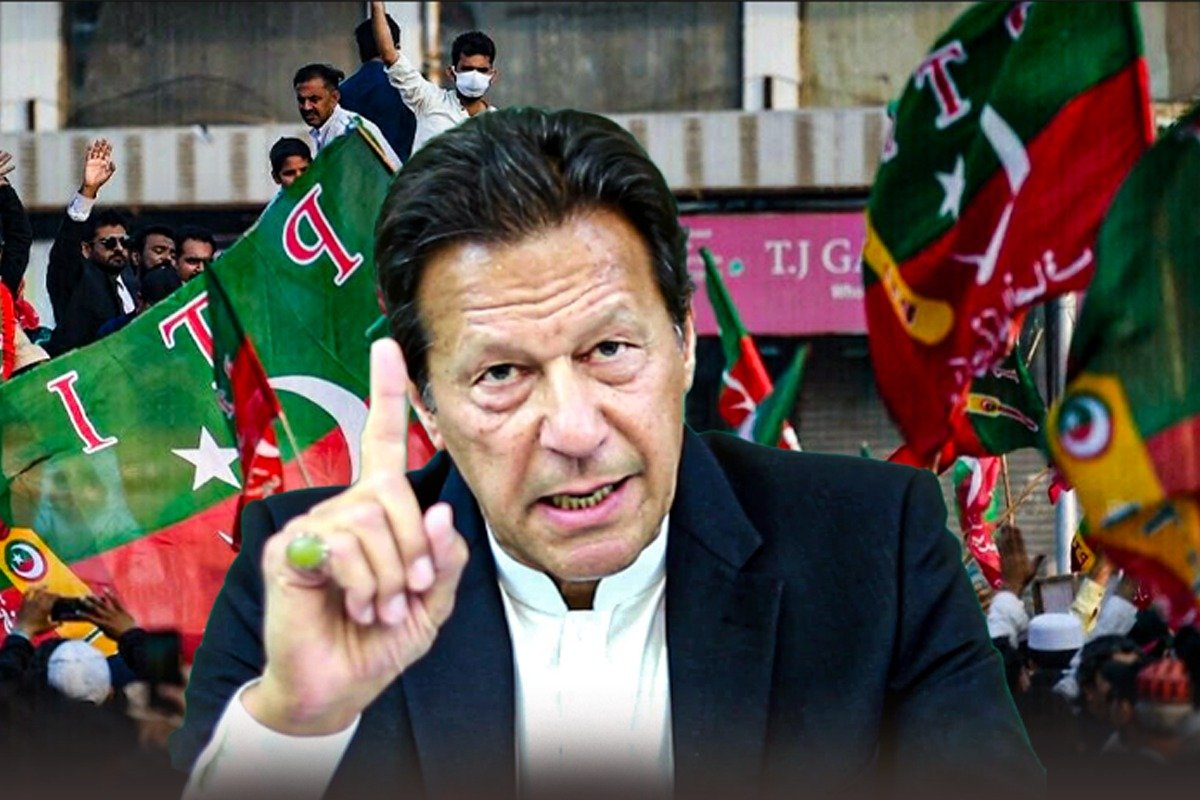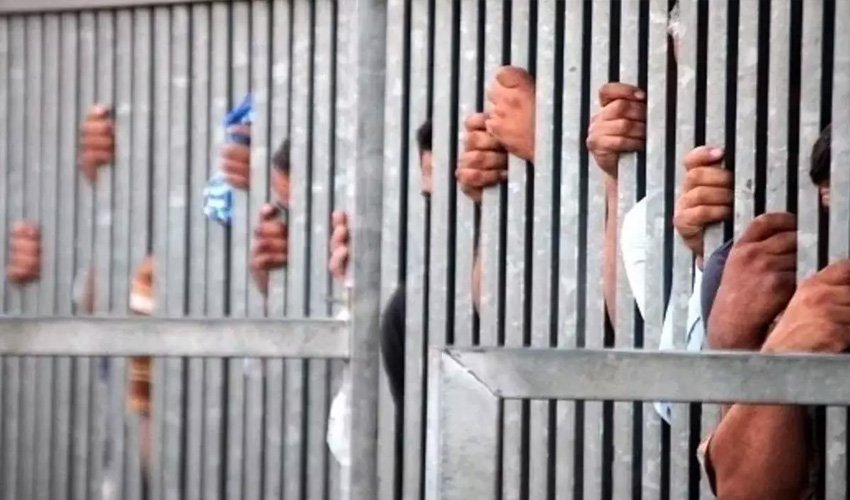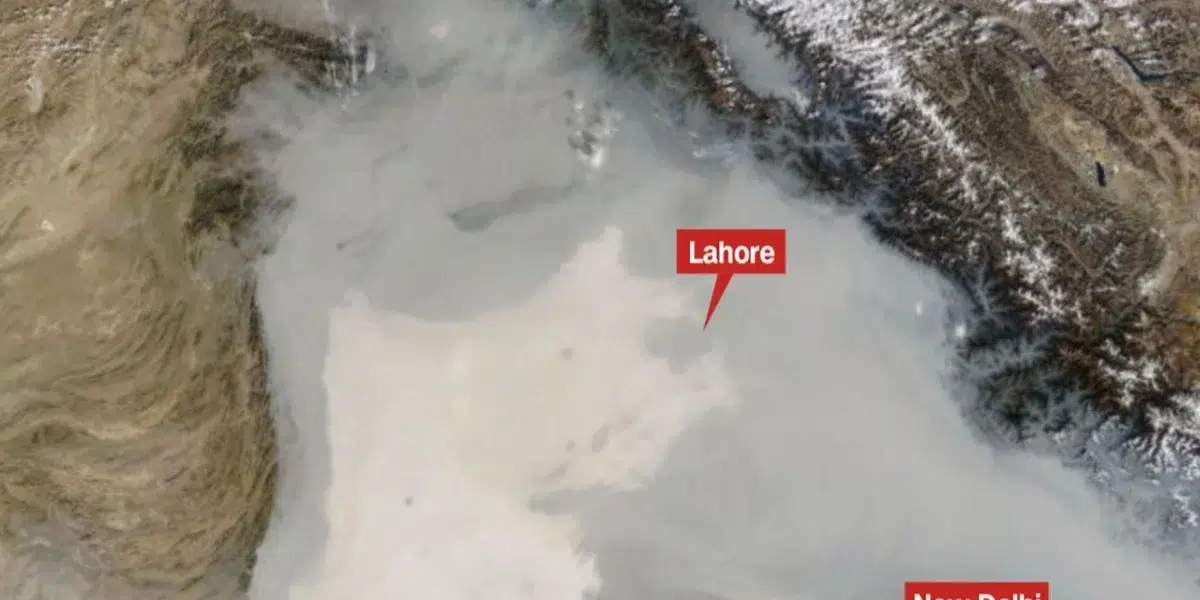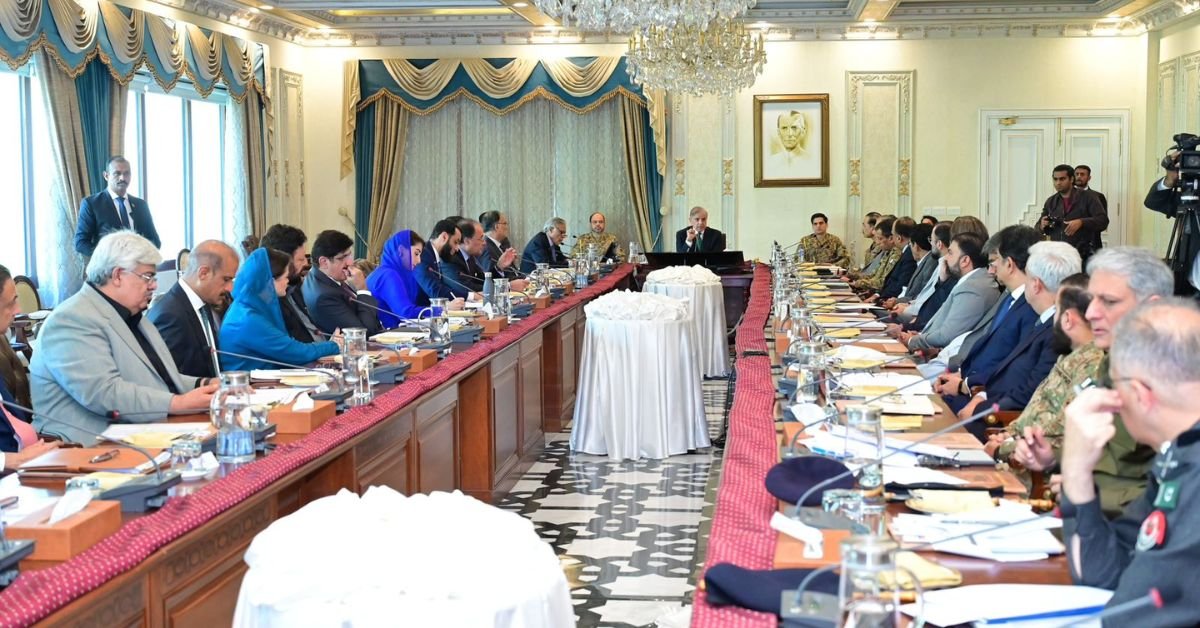Prime Minister (PM) Shehbaz Sharif will attend “World Leaders’ Climate Action Summit” of the 29th Conference of the Parties also known as COP29 in Baku, Azerbaijan today (Tuesday).
The world leaders will present their statements on how they are advancing the Paris Agreement on climate change.
Several high-level events and roundtable discussions hosted by Pakistan will also take place at the Pakistan Pavilion during COP29.
The summit comes at a critical moment as Pakistan’s major cities grapple with severe toxic smog.
What is COP29?
In signing the 1992 UN Framework Convention on Climate Change (UNFCCC) that launched the global negotiations, the parties that agreed to it took pains to differentiate between the wealthy nations that caused the bulk of warming and poorer countries that suffer disproportionately from it.
The summit provides a place for countries to discuss solutions, including energy policies, financing schemes or funding needs.
Nearly every summit is also attended by world leaders, giving an important signal that their countries are committed to the UNFCCC goals. The leaders’ presence also helps countries hold one another accountable for past promises.
Climate change in Pakistan
Pakistan is ranked among the top 10 most climate-vulnerable countries, facing increasingly frequent and severe weather events, such as unprecedented floods, intense monsoon rains, devastating heat waves, rapid glacial melting and glacial lake outburst floods.
Pakistan is facing an onslaught of climate disasters. Since record floods in 2022 that affected 33 million residents and caused more than $15 billion in damages, the country has contended with several new crises that have hampered a sustained recovery.
The summer of 2024 has been marked by searing heat with thousands of Pakistanis succumbing to heatstroke and inundating healthcare facilities.
Climate change disproportionately affects the mental health of women and youth, whose needs and concerns are often sidelined during major climate disasters.
Not only this, Pakistani youth are also at elevated risk of mental health impacts from climate change. A looming concern that emerged from our conversations with young people revolved around missed educational prospects, as schools have been forced to close owing to the floods.





